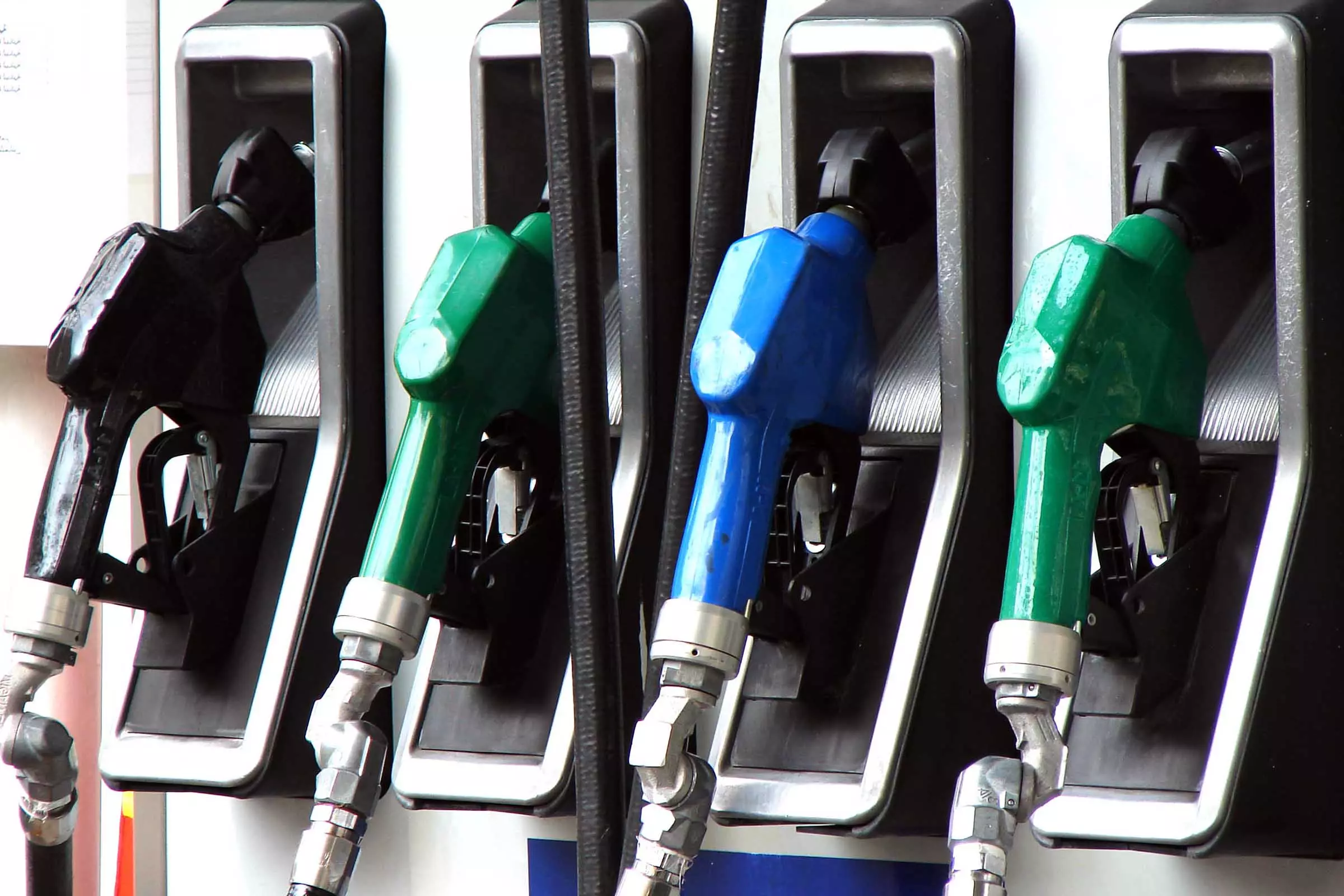Remember leaded gasoline?
For our health and also because of the catalytic converters, which became mandatory in all new vehicles as of 1993, the use and sale of this fuel was prohibited.
However, this did not prevent cars that use it from no longer working, as this additive was replaced by the incorporation of other additives to ensure the same effect.
Luís Serrano, researcher at ADAI, Association for the Development of Industrial AerodynamicsFuel producers were 'forced' to develop other types of synthetic additives, which made it possible to ensure the maintenance of a high octane number without resorting to lead. This enables the use of catalysts, maintaining the ability to use higher compression rates, essential to maintaining the efficiency of the engines, and, consequently, to lower consumption. This concrete example shows the important role that research and development of fuels and additives played – and continues to play – in meeting the emission targets for internal combustion engines.

Therefore, a first important factor to promote emission reduction is to increase the profitability of an engine. Knowing that a combustion engine has an average efficiency rate of around 25%, this means that the lower the fuel quality, the less efficiency the engine offers and the greater the emission of gases resulting from carburetion. On the contrary, a good fuel allows for better efficiency, since the increase in efficiency is obtained with smaller amounts of fuel, which promotes a reduction in emissions thanks to a more efficient combustion phase.
A study carried out by the chemical division of BASF (“Eco-Efficiency Study for Diesel Additives, November 2009) shows this: the additives present in fuels are an important part in ensuring the efficiency of engines, not requiring large amounts of additive substances to achieve sustainable and lasting results during vehicle use.
Symbiosis between manufacturers
When comparing the performance of additive and non-additive diesel, this work by the german group mentions that the so-called “simple diesel” cannot help thermodynamic efficiency, also having a negative impact on the longevity of the components.Luís Serrano, researcher at ADAI, Association for the Development of Industrial AerodynamicsCurrent engines are made up of elements with very tight manufacturing tolerances, so it is essential that the fuel ensures the corresponding cleanliness and promotes the necessary cooling of the various components of the injection system, also ensuring protection against oxidation and degradation of materials and ensuring the lubrication of the components.
Therefore, “the development of engines and corresponding ignition systems forced the development of fuels with better characteristics, capable of guaranteeing the proper functioning of these systems and the respective engines”, continues this researcher.
Current direct injection engines, where the fuel withstands very high pressure and temperature levels, require very efficient injectors and pumps, but also much more sensitive to the characteristics and properties of the fuels used.
This justifies the need for symbiosis between the development of components and engines and increasingly complex fuel production processes, strengthening the investigation of additives capable of responding to the demands placed by engine manufacturers.
Luís Serrano, researcher at ADAI, Association for the Development of Industrial AerodynamicsTo get a very concrete idea of the development of fuels and their additives and their importance for the reliability of engines (...) if a fuel from 15 or 20 years ago was used in a current engine, in a short period of use, that engine would have serious operating problems.
Focus on eco-efficiency
With the emission targets tightening more and more on the side of car manufacturers – as of 2021, the brands are obliged to lower the average level of CO2 emissions of the fleet to 95 g/km, under penalty of heavy fines –, Waste and particle retention and treatment systems are becoming increasingly complex and sensitive.
And more expensive.
Precisely to guarantee the proper functioning of this technology (which car manufacturers must ensure up to 160 thousand kilometers, according to a European recommendation) is that fuels assume an increasingly significant role and are continually being developed and boosted for their function.
FOLLOW US ON YOUTUBE Subscribe to our channel
In this work by BASF, the additive fuel achieves better results in terms of energy and, as a result, also in terms of emissions.
But, more important than this conclusion, is to show how the efficiency and performance of the additive fuel is greater as the engine is subjected to higher loads. Which reinforces the importance of reliable fuel in commercial vehicles or models capable of higher dynamic performance.
Luís Serrano, researcher at ADAI, Association for the Development of Industrial AerodynamicsThe research and development of fuels and additives continues to play a very important role in meeting the emission targets for internal combustion engines. For example, in terms of diesel, the reduction of sulfur stands out, which practically eliminates the emissions of sulfur compounds, which are highly polluting and which was completely achieved by fuel producers. Sulfur is a common element in the composition of base oil (crude) and appears very frequently in diesel, so it is necessary to remove this element in the refining process. In this way it was possible to eliminate this substance, ensuring that pollutant emissions at the level of sulfur compounds are now perfectly residual. Currently, this type of emissions is practically no longer a problem.
Consult Fleet Magazine for more articles on the automotive market.
